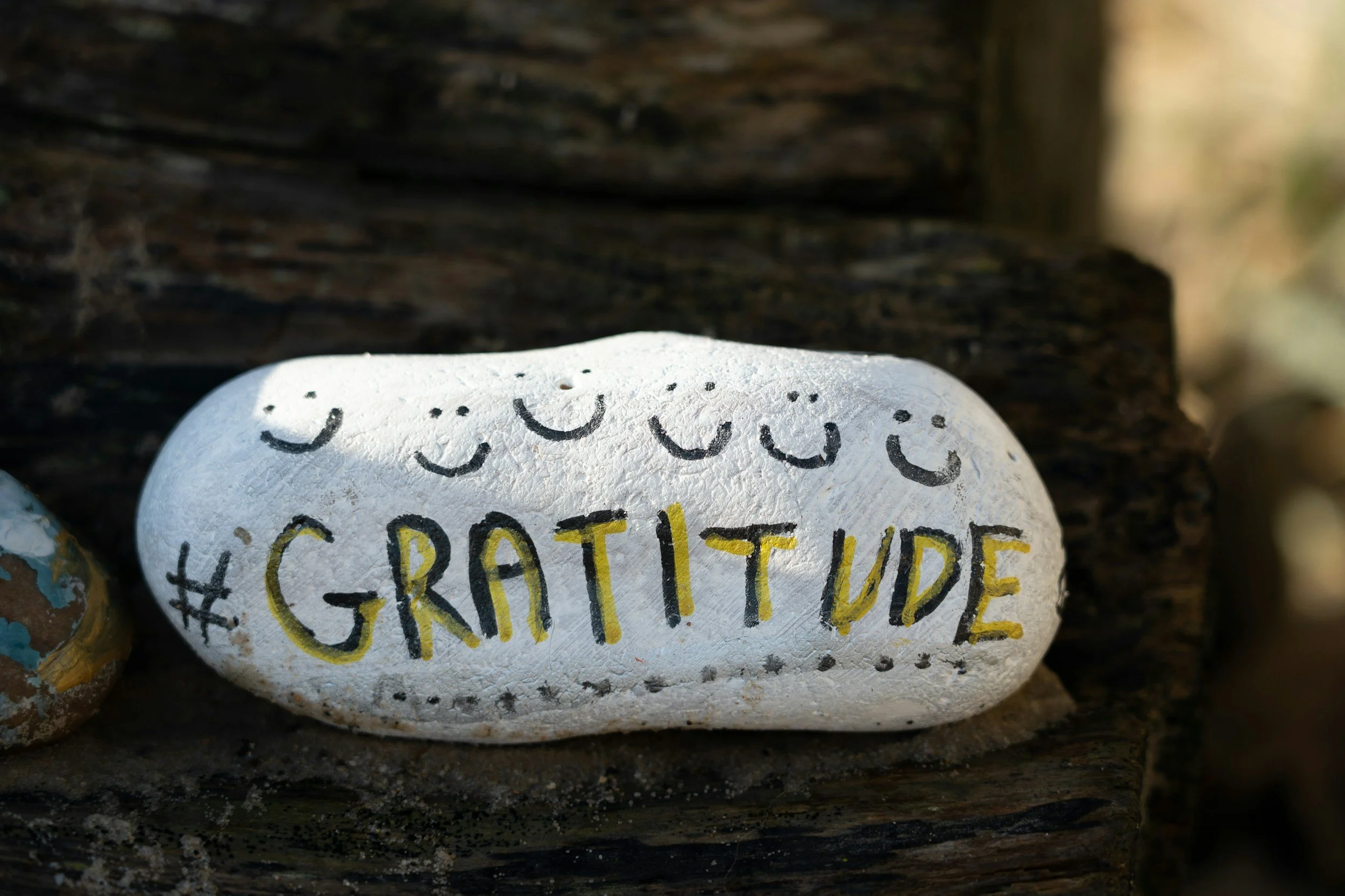
Welcome to my Blog
Thank you for stopping by. This space is where I share research, reflections, and practical tools drawn from my experience as a marriage and family therapist.
Are you a couple looking for clarity? A professional curious about the science of relationships? Or simply someone interested in how love and resilience work? I’m glad you’ve found your way here. I can help with that.
Each post is written with one goal in mind: to help you better understand yourself, your partner, and the hidden dynamics that shape human connection.
Grab a coffee (or a notebook), explore what speaks to you, and take what’s useful back into your life and relationships. And if a post sparks a question, or makes you realize you could use more support, I’d love to hear from you.
Be Well, Stay Kind, and Godspeed.
~Daniel
P.S.
Feel free to explore the categories below to find past blog posts on the topics that matter most to you. If you’re curious about attachment, navigating conflict, or strengthening intimacy, these archives are a great way to dive deeper into the research and insights that I’ve been sharing for years.
- Attachment Issues
- Coronavirus
- Couples Therapy
- Extramarital Affairs
- Family Life and Parenting
- How to Fight Fair
- Inlaws and Extended Families
- Intercultural Relationships
- Marriage and Mental Health
- Married Life & Intimate Relationships
- Neurodiverse Couples
- Separation & Divorce
- Signs of Trouble
- Social Media and Relationships
- What Happy Couples Know
The Petty Grudges That Save Relationships
Every couple has a shared mythology. For some, it’s romantic: the enchanted vacation where everything worked, the tiny first apartment with the terrible heating, the proposal at sunrise.
For others—let’s be honest here—it’s pettier.
Much pettier.
The fork incident of 2017.
The Great Dishwasher Mutiny of last October.
The One Time You Said “Do Whatever You Want” In That Tone That Almost Ended the Republic.
These moments linger not because they matter, but because they didn’t—and yet somehow became emotionally significant anyway.
Here’s the secret few therapists say out loud:
petty grudges keep many relationships alive.
Big conflicts may define a chapter of your marriage, but petty grudges define its texture—and texture is what couples return to years later, laughing, grimacing, or reenacting with strangely theatrical precision.
These small irritations aren’t immaturity.
They’re intimacy in miniature.
Why Gratitude Matters More Than Support in Long-Term Love
Long-term relationships run on many illusions, but the most cherished one is this: the belief that “supportive behavior” is inherently meaningful.
Americans love imagining that helping their partner through stress automatically strengthens the bond. It sounds so noble.
It flatters the helper. It looks terrific in wedding vows.
But according to recent research published in Frontiers in Psychology (Roth et al., 2023), your support does absolutely nothing for relationship satisfaction unless your partner bestows attention, registers it, feels grateful, and—critically—you pick up on that gratitude.
Without this specific sequence, supportive behavior is the relational equivalent of unpaid emotional overtime.
Nobody remembers it, and nobody feels better for having done it.
This finding is not romantic. But it is precise and accurate.
It is also the best news couples therapists had in years.
Because it finally exposes the one thing long-term couples do better than almost any other species: forgetting to appreciate the person standing three feet away doing half, or more, of the labor.
Mismatched Drinking Habits: The Thanksgiving Problem No One Wants to Talk About
If you want to understand a marriage, don’t watch how the couple behaves on a random Tuesday. Watch them on Thanksgiving.
Watch who opens the wine at 2:30 p.m. “just to breathe.”
Watch who side-eyes the bottle of Chardonnay that seems to be evaporating.
Watch who volunteers to “check the turkey” every fifteen minutes because the basement freezer happens to contain a bottle of vodka no one else remembers buying.
Thanksgiving is the annual stress test of the American relationship.
Family arrives. Expectations bloom. Childhood ghosts reappear with uncanny punctuality.
And alcohol—always the agreeable resident of the holiday table—slides in to help smooth the proceedings, inflate them, or detonate them, depending on the marriage.
According to a comprehensive review in Substance Abuse and Rehabilitation, what determines whether a couple will survive not only Thanksgiving but the ordinary grind of a shared life isn’t simply who drinks more. It’s whether they drink in sync.
Researchers call this the drinking partnership.
Women Prefer Men Who Grow Up—And Relationship Science Has Been Whispering This Since the ’80s
Every now and then evolutionary psychology releases a study that lands with the energy of a friend announcing, “I’ve discovered that hydration is helpful.”
This one—published in Evolutionary Psychological Science—declares that women prefer long-term partners who show “personal growth motivation.”
In plain English:
Women like men who grow.
Women prefer men who don’t emotionally stall out at 23.
Women want partners who are actively assembling themselves, not just coasting on whatever personality they downloaded in high school.
Astonishing.
But here’s the thing: this “new finding” slots so neatly into decades of classic research that you can practically trace the genealogy. It’s like watching a family resemblance travel through the literature.
Covenant Marriage: Meaning, Psychology, and Does It Work?
A covenant marriage is a legally reinforced version of marriage available only in Louisiana, Arizona, and Arkansas—three states that, with great confidence, decided they could succeed where the rest of the country and half of Europe have failed: telling adults what to do with their relationships.
According to Encyclopaedia Britannica, couples who choose this model voluntarily give up the option of no-fault divorce in exchange for a contract with mandatory counseling and stricter exit criteria.
It’s marriage with the wheels chocked, the emergency brake pulled, and your pastor holding the spare key.
You sign not just a license but a “declaration of intent,” which is the marital equivalent of announcing to your dinner guests that yes, you really mean it this time—you’re going to stop eating sugar. In theory, it restores gravitas.
In practice, it’s America’s attempt to legislate what used to be enforced by tight-knit communities, extended families, and a general fear of public shame.
We’ve traded those for Bluetooth-enabled doorbells and algorithmic loneliness. Of course something like covenant marriage was going to pop up eventually.
Women’s Sexual Desire Is More Strongly Affected by Stress: What the New Research Really Shows
Every generation rediscovers the same truth: you can’t out-desire your own nervous system.
You can try—Americans are nothing if not ambitious—but biology keeps the receipts.
A new Austrian study in Psychoneuroendocrinology, the paper Too stressed for sex? Associations between stress and sex in daily life, confirms what therapists have quietly known for decades.
Stress, that relentless party-crasher, is exceptionally effective at smothering women’s sexual desire in the moment.
Men aren’t immune, either of course.
But women’s bodies tend to treat stress like a flashing red alarm: this is not the moment!
My Lovely Wife Is a Big Shot
Martin adjusted the camera for his wife’s Zoom interview, then quietly slipped out of the frame.
From the kitchen, he heard her say, “Thank you, it’s an honor to be here,” to what sounded like half of academia.
He sipped his coffee, listening to her confident cadence, and wondered—without resentment, but not without ache—when he’d become the lighting guy in someone else’s show.
When Martin and Joanna met, she was a junior researcher with a shared desk, one lab coat, and a ferocious curiosity about everything. He was the pragmatic accountant, the ballast to her wind. Together they made sense—he steadied her; she brightened him.
Fast-forward twenty years. Joanna’s now “Dr. R,” a best-selling author and global authority on climate policy. Martin, ever the practical man, now manages her travel receipts. Their home office looks like mission control.
When You Both Retire: Relearning Intimacy in Shared Time
The morning after you both retire, the house feels almost sentient.
The coffee pot hisses; a chair creaks; you both hear it.
For decades, your mornings were staggered by time zones of obligation — now the silence between you feels louder than traffic ever did.
For some couples, that quiet feels like luxury.
For others, it’s a low-grade alarm: the body’s way of saying, something has changed.
After years of parallel motion, retirement places partners in the same orbit again — for better, and occasionally, for bewilderment.
Therapists sometimes call this stage re-entry shock: two lives that once met in the evening now share daylight and must renegotiate gravity.
In every long marriage, there’s a shared nervous system — a living circuit of attention, stress, and safety that beats between two bodies.
When You Retire Before Your Partner: How to Thrive in the Empty Hours
The first morning after you retire, the light feels different.
Your partner’s keys still rattle by the door; you’re holding a mug that’s gone cold from thinking too long.
It’s not unhappiness exactly — more like your nervous system hasn’t caught up with your new schedule.
Retirement is often sold as liberation: no more alarms, no commute, no meetings.
But for those who retire first, the silence often arrives before the peace.
One partner keeps their calendar; the other stares at a clock that suddenly seems too large.
In therapy, this isn’t usually depression — it’s disorientation : the nervous system adjusting to a life that no longer runs on deadlines.
When Your Partner Lives in Two Worlds: The Work–Life Balance Gap After 60
She brews coffee at eight a.m. and sits by the window, watching him leave for work again.
He glances back from the car, already thinking about the first meeting of the day.
No one is angry. They’re just living at different speeds.
After sixty, love often meets a quiet paradox: one partner is ready to exhale while the other still inhales deadlines.
One is learning to rest; the other is trying not to fall behind.
In therapy, this isn’t usually called conflict. It’s called translation.
I’m on Fire: How Testosterone Became Women’s Midlife Revival
When The New York Times ran Susan Dominus’s feature “‘I’m on Fire’: Testosterone Is Giving Women Back Their Sex Drive — and Then Some”, readers could practically hear the collective exhale.
Women everywhere nodded along: the exhaustion, the flatline libido, the polite marital drift. Then came the whisper — or maybe the rallying cry — testosterone !
In Dominus’s piece, women described feeling “alive again.”
Not metaphorically — hormonally. They talked faster. They had ideas. They wanted sex. They wanted life. And they were willing to risk a hair or two of peach fuzz for it.
The irony is that this isn’t new.
As early as the 1930s, researchers like Fred Koch were extracting testosterone from bull testicles and noting its striking effects on vigor and mood — in both sexes.
By the 1940s, physicians were experimenting with testosterone therapy for women with fatigue or “frigidity.”
Then came the estrogen revolution.
The Middle Ages: What Men and Women Secretly Want from Each Other at Midlife
They’re on a camping trip they thought would “rekindle things.”
He’s crouched by the fire pit, aggressively coaxing damp kindling with the stubborn optimism of a man who refuses to read instructions.
She’s inside the tent, re-inflating the air mattress for the third time, wondering when “getting away from it all” started to feel like more work.
They haven’t fought, exactly—they’ve just fallen into that polite middle distance long marriages mistake for calm. The crickets sound mechanical. The stars look too bright, like they’re showing off.
He stares into the smoke, thinking about everything he meant to do by now. She listens to the night, wondering when she stopped being heard.
Midlife is like that: you plan for serenity and discover signal interference.












